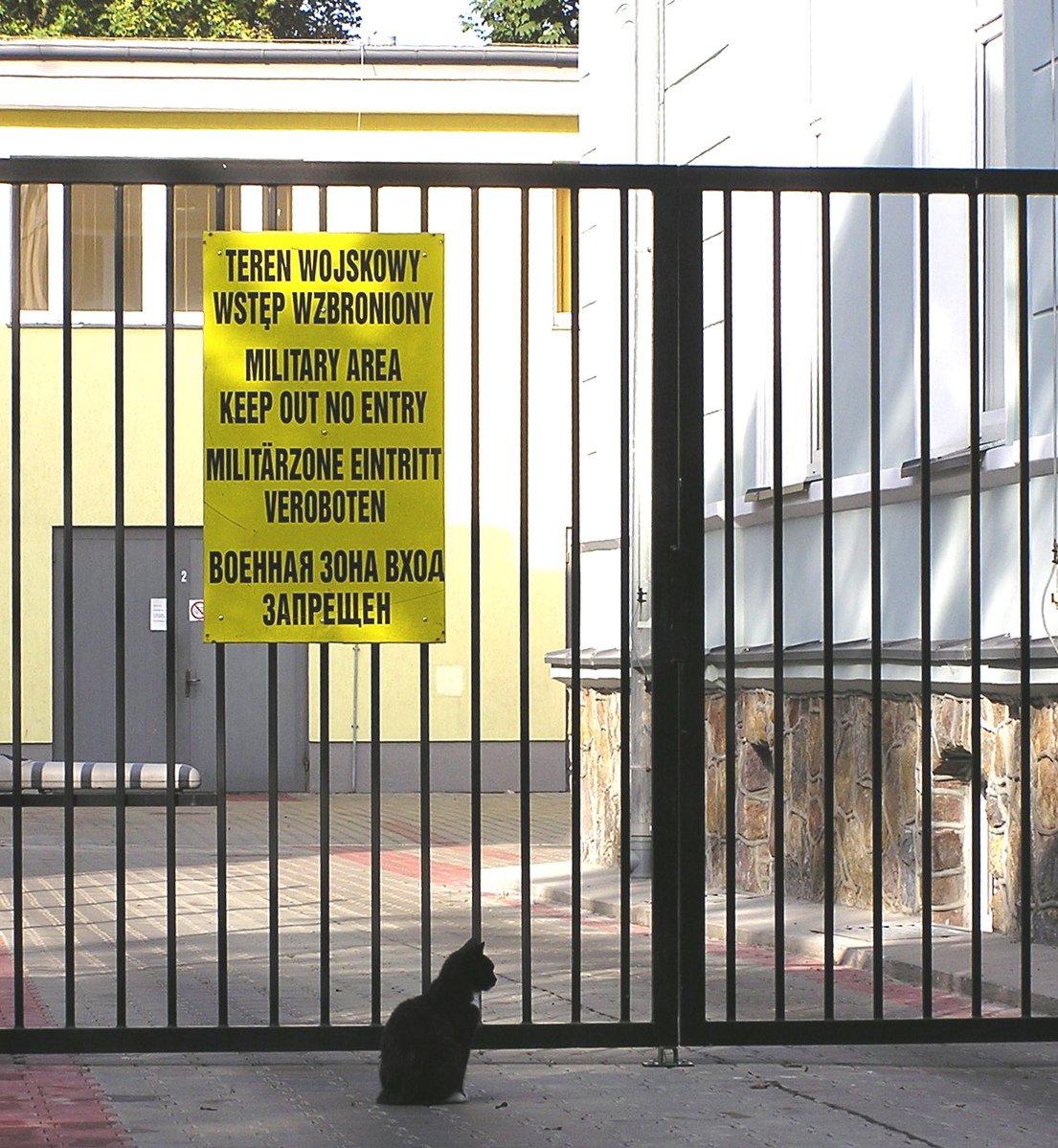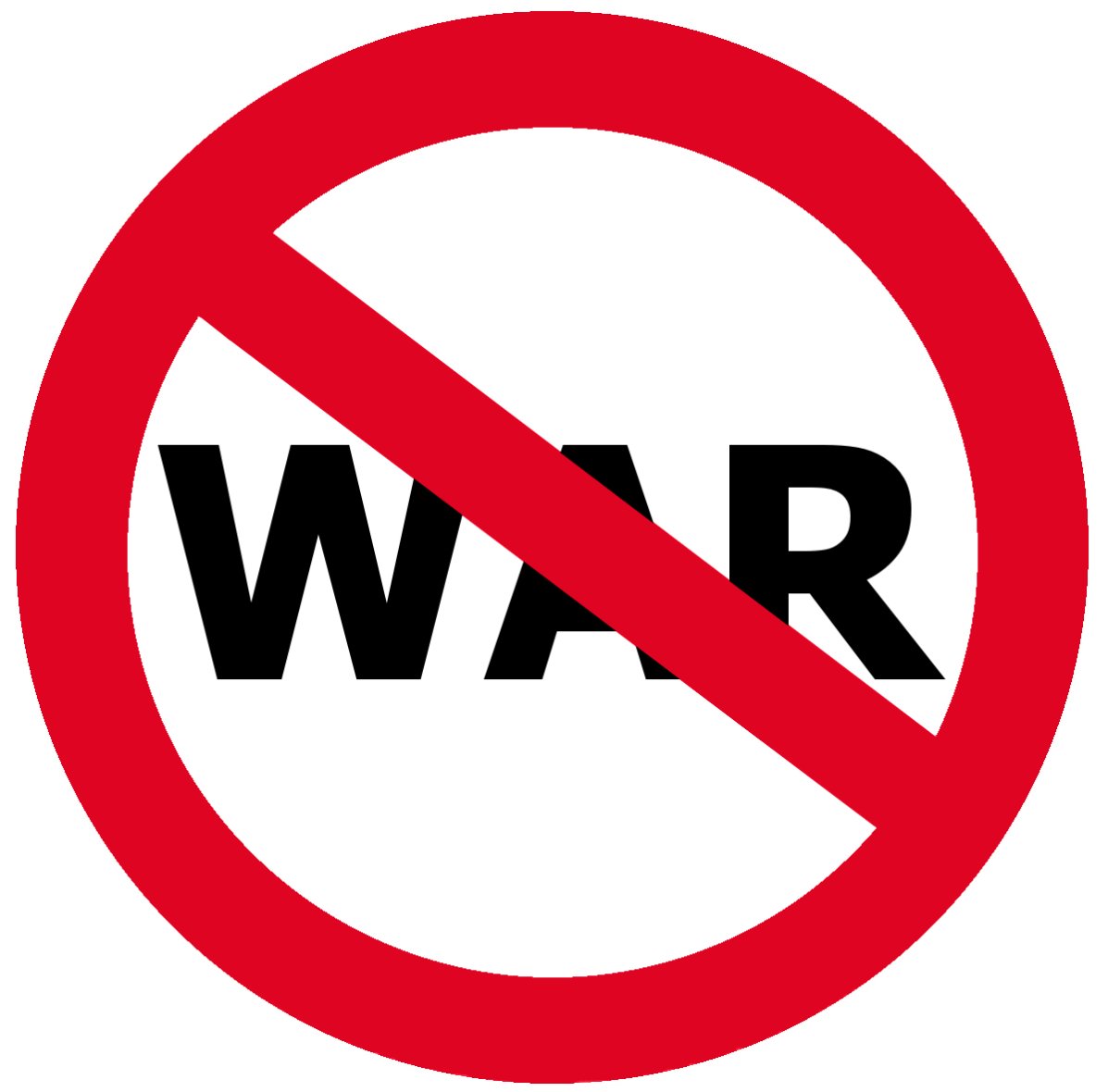
IT IS hardly a secret that the EPO blocked Techrights. It started around 2014 or 2015 because we exposed Benoît Battistelli's corruption. The ban remains in place under the regime of António Campinos because it covers up crimes, including Battistelli's.
"Seeing the atmosphere of hostility towards free speech on the World Wide Web, we had to explore contingencies and we've suffered for it."Perhaps counter-intuitively, many of our readers at Techrights are EPO workers. We aren't spying on visitors, but we can see based on the response that a lot of EPO workers read Techrights (some EPO insiders told us that almost all workers there read Techrights, either regularly or sporadically). The wiki page for EPO (main page alone) has been viewed more than 2 million times.
 Ahead of last year's EPO publications (hundreds of documents or communications) and then Intel leaks we distributed stories across IPFS. That firstly required compacting articles, e.g. rendering them text-only. Once done, the site would be accessible universally, even if the main server is down and my home node of IPFS is shut off (or forcibly disconnected).
Ahead of last year's EPO publications (hundreds of documents or communications) and then Intel leaks we distributed stories across IPFS. That firstly required compacting articles, e.g. rendering them text-only. Once done, the site would be accessible universally, even if the main server is down and my home node of IPFS is shut off (or forcibly disconnected).
Seeing the atmosphere of hostility towards free speech on the World Wide Web, we had to explore contingencies and we've suffered for it. There's an effort to demonise any such effort. The video above says more about that.
Censorship is no fun. It's not like a "Walk in The Park..."
Sometimes they try to demonise the messenger. Failing that, they gag the messenger and the gagging itself helps give the false impression that the messenger did something wrong or unlawful... or said something defamatory. This leads to a sense of embarrassment, shame or guilt. It can also induce fear (of what might come next, e.g. litigation). ⬆
